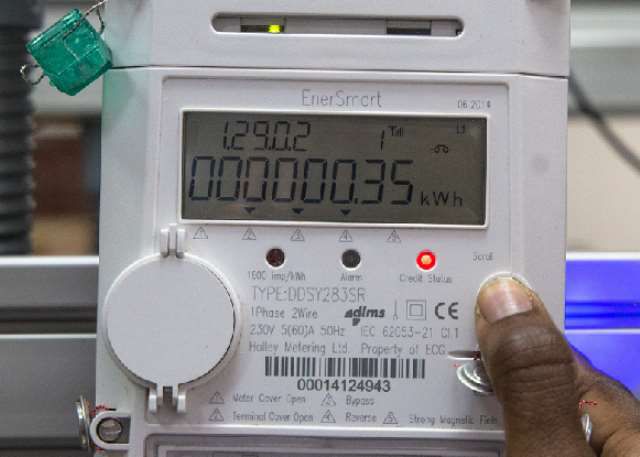
The new U.S. tariffs on African exports highlight an urgent need for the continent to strengthen its own economic foundation and reduce reliance on foreign markets, Secretary-General of the African Continental Free Trade Area (AfCFTA), Wamkele Mene, has said.
“The measures imposed by Washington serve as a wake-up call for African governments to fast-track regional trade integration and build self-sufficiency,” he noted.
The Secretary-General of AfCFTA made these observations during a Memorandum of Understanding (MoU) signing with the National Bar Association (NBA) of the US in Accra.
AfCFTA, working with Afrexim Bank, has established a Pan-African Payment and Settlement System that enables payments in local currency instantaneously to set the ball rolling for enhanced intra-African trade.
The AfCFTA head said this not only reduces trade costs in Africa but also ensures SMEs are included in the new trade system, among other benefits. The successes recorded since AfCFTA’s coming into place, as well as its overall liberalisation objective, among others make the continent better placed to turn the emerging ‘tariff crisis’ into an opportunity.
“There is absolutely no reason why we should be crying about a tariff of 10 percent on all of us, when in fact if you look at the trade statistics our export profile under AGOA to the US – minerals, petroleum, vehicles, cashew nuts – signals that we more than just exporters of unprocessed commodities.”
Consequently, he noted that the challenge put to the continent by the U.S. serve as an opportunity to consolidate and build a market that will enable the continent to stand on its own ‘economic feet’ and produce for itself without disengaging from the global economy and global supply chain.
Mene said this development underscores the need to implement the AfCFTA agreement more aggressively. AfCFTA, which came into force in 2021, aims to create the world’s largest free trade area by connecting 55 African countries with a combined GDP of US$3.4trillion.
The MoU with NBA, he said, will focus on collaboration, identifying investments and trade opportunities, building capacity for a range of different trade-related areas including dispute settlements and ensuring that the diaspora are advocates for Africa’s endeavours.
This engagement seeks to deepen cooperation with the African Diaspora and support legal and economic partnerships under the AfCFTA framework.
The post Editorial: Reducing reliance on foreign markets appeared first on The Business & Financial Times.
Read Full Story
















Facebook
Twitter
Pinterest
Instagram
Google+
YouTube
LinkedIn
RSS